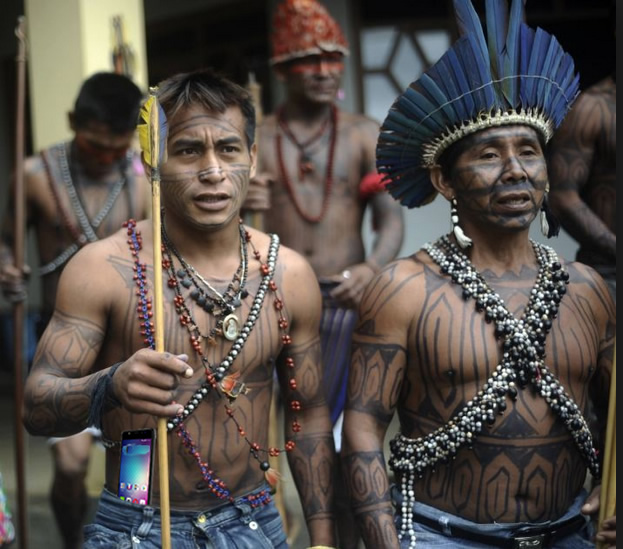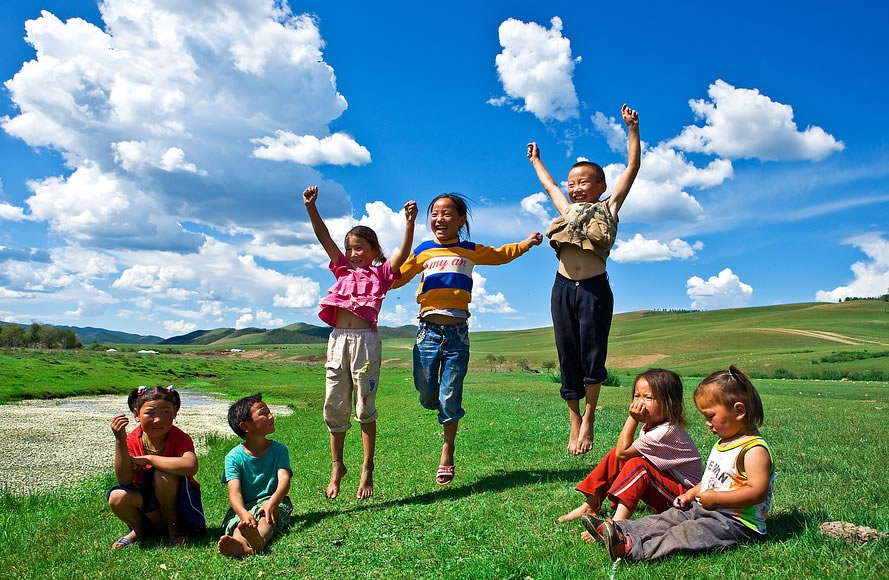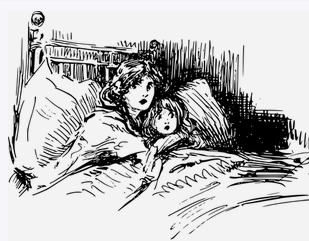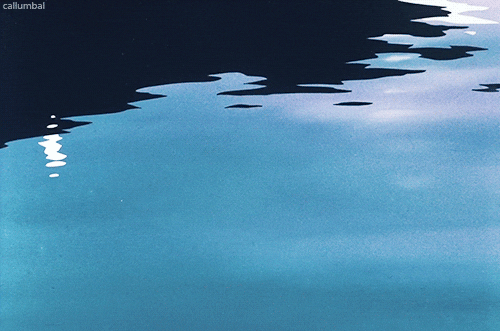
William A Gardner
2
April
2018
Culture and Societies
Occasional Blog
The Intolerance of the New Tribalism

My smartphone is great. It has changed me and the way I interact with the world. The prescient insight of Marshall McLuhan, developed long before the creation of the internet, has echoed down the decades and exploded in the digital melding of smartphone and instant messaging. The social media universe has fundamentally changed how we interact with media and each other by imposing a 'tyranny of the immediate' that celebrates the instantly outrageous. The designed addiction of Facebook, Instagram, Twitter, Messenger and other social media have fundamentally changed the ways in which we form groups, access information and develop opinions. It engenders a new form of tribalism where the members, rather than being small in number and occupying a limited geographical space, now connect in complex ways that have no relationship to numbers, spatial limits or national boundaries. These 'tribes' are typically united through common social attitudes, demographic similarity, fears, hopes, ideology and political views. Membership may also involve some form of tattooing or other types of body decoration. It is changing the democratic basis of our society.
The tendency of tribal groups is toward a homogeneity of attitudes and beliefs with an intolerance toward those who are outside the tribe and even to those members inside who hold opposing or different opinions than the norm. Internal conflict is considered taboo. The individual’s right and ability to think and act independently is more or less curtailed thus restricting creativity and social evolution. What we call free speech can be considered dangerous. Such individual freedom of expression is simply too threatening for the tribe. Yet how can a true democracy survive when open discussion is suppressed? A discussion on Tribalism and Political Correctness with Jordan Petersen is instructive.
It was a great step forward when the rise of the nation-State supplanted the earlier parochial tribalism. The nation-State was not just a large tribe but something distinctive: a political and geographic entity where the citizens owed allegiance to the nation rather than to a local group identified by family ties and race. Nations and tribes are qualitatively and fundamentally different. It is precisely because the nation-State is based on general concepts such as individual freedom, human rights and equality rather than on specifics such as blood and skin colour that it provided the diversity and individual freedom to create the scientific, industrial and knowledge revolutions of the past two centuries. The chief (or king or leader) is no longer free to create their own rules. An important result of this was the replacement of the mainly defensive inward-looking characteristic of the tribe with an adventurous and outward-looking national culture, one based on hope, self-confidence, equality of opportunity, and a population with diverse backgrounds, ideas and skills. It is these latter characteristics that led to open, democratic, productive and prosperous societies. And it is from this prosperity, plus a pervading confidence in the future, that tolerance flourished.
Yet despite the wealth and lifestyle engendered by the nation-State and the accompanying cultural flowering and economic success, our society appears increasingly fractured. We are witnessing the rise of modern online tribes that display not just antipathy but even hatred toward those same attributes of our Western democratic society that created their elevated standard of living. Many people have expressed dismay and confusion about the source of this trend yet the roots are clear: an increasing access to news and opinion sources without the education to properly apply logic and historical perspective, the idealism of youth, the marketing of fear and crises by the media, economic stagnation and a lack of confidence by young people in the basic institutions and leadership of society. Combined, they lead to uncertainty and anxiety. Let's look more closely at these five elements.
The unprecedented access that people of all ages have to news and opinion in combination with an education that unfortunately lacks instruction in logic, critical thought and historical perspective has created difficulty for them in differentiating between real information and fake news. People are left to judge based on feelings, what they read in the major media, the postings shared by their friends (usually Facebook or Twitter friends), and a type of consensus within their tribal group. Even science has become suspect since what may be considered a fact today will often be debunked tomorrow. How can one trust any fact? The result is a predisposition for us to rely on feelings and group consensus rather than facts and logic. Then, once these beliefs are absorbed into a personal world view, anyone or anything that challenges these views becomes a threat. I have seen this occur in my own social online group where divergent or inconsistent ideas are met with hostility and quickly suppressed, or just ignored.
Young people are idealistic. That is normal and to be celebrated. It is the idealistic person who challenges the status quo. There is a famous quote from Robert F. Kennedy that sums up the value of this characteristic: "There are those that look at things the way they are, and ask why? I dream of things that never were, and ask why not". However, when idealism comes up against a reality so fraught with problems that hope is tattered or lost, then the idealist may look for solace in simplistic ideas and extremism. They often find it in a modern online tribe, one which occasionally is focused on one particular ideology.
The current shift toward a tribal identity as opposed to a national identity is reflected in the arts. The popularity of the new action movie, Black Panther, from Marvel Studios illustrates the attraction of the tribal meme to the younger generation. The tribal paradigm combined with the hero myth together form a powerful, simple and alluring cultural model compared to the current nation state structure with all its historical baggage and concurrent complex challenges.
Societies have always had the prophet who declares an impending world cataclysmic end. Today it is not just the isolated individual but almost all media which announce the crisis du jour and happily quote some expert on how mankind is destroying the planet and our very ability to survive as a species. Why is this so pervasive? Fear sells. The media commonly uses fear to attract eyeballs and sell their story. Is it any wonder that this characteristic has escaped the newspaper and metastasized into a social media Frankenstein? The headlines of old newspapers that were read perhaps once a day and spoke of disasters usually distant and often days old, have been replaced by instant messages that make every crisis around the globe seem like an immediate threat. In the worst case it is governments that stoke a crisis atmosphere to allow them to gain public acceptance for actions that are normally unacceptable in a democracy. What is different today is not the use of crises by media or government, but its effect on young minds due to the immediacy of social media and the concomitant trend toward tribalism. The anxiety engendered is helping to create these trends and is threatening our tolerant democratic society. Happiness, diversity and tolerance do not flourish in an environment of fear.
We have done a disservice to youth by removing many if not most of the normal challenges of growing up, including many common normal dangers. Like all such actions it has benefits but also liabilities. The normal maturation process of meeting and overcoming obstacles, including the occasional failure, builds self-confidence. Without these challenges young people arrive at College or the working world with a poor ability to deal with the normal trials and tribulations of life. Students upon graduation often cannot find work that is rewarding and which pays well enough to allow them to deal with student debts and have hope for a good future. Many of them see this as a betrayal by society. A cyclical economy is a normal state of affairs yet when youth unemployment is both high and enduring, many young people begin to lose confidence in the future and to suspect that economic fairness and opportunity no longer exist. Without confidence in the future it is difficult for them to establish an attitude of hope without which anxiety and a lack of self-confidence take root. The search for identity and a positive feeling about themselves leads people to a social media tribalism which gives them a sense of belonging and membership in a group, a group that accepts them as they are and reinforces their self-worth. Their principle loyalty becomes connected to their tribe rather than the nation. This weakens the democratic basis of the country.
All people need to have confidence in the institutions which are the foundation of society. It is important, even critical, that citizens of a nation-State have a pride of membership in that country and a loyalty to it that transcends normal local group allegiances. A country needs a reason to exist, a value with which the citizen can identify. Yet today there is a growing perception by young people, stoked by social media as well as the mainstream press, that their world is awash with crises to which our institutions and leaders have neither the will nor ability to fix. Where do you find the will to make things better when you aren't sure of that for which you are fighting? Even our leaders appear to have trouble articulating a vision that captures people’s imagination. It is of some concern to witness a Prime Minister who describes Canada as "the first post-national state" and a country where "there is no core identity, no mainstream in Canada." How can one be proud of being Canadian when it has no real identity, no set of clear and challenging goals? When our political leaders cannot communicate clearly, by themselves and through the media, the fundamental aspirations and values of a nation then why would one be proud to be a citizen? It is a basic human desire to belong to a group, or nation, and be proud of that membership.
The impetus that pulled people together and birthed nations over the past few hundred years is threatened by the new tribalism. The previous centripetal forces are being replaced by centrifugal forces that are already creating challenges to social peace, harmony and productivity - challenges that are generating a negative effect on the tolerance and respect for diversity that has taken so long to build. These tectonic fissures in the social fabric resulting from a modern tribalism may find a trigger, likely economic, that could tear a country apart. To avoid such a scenario it is important that our leaders articulate a new vision for Canada that goes beyond that of a country of nice welcoming people who believe in diversity and multiculturalism. To renew our pride and enthusiasm for democracy it is also critical that they find a way to make our public institutions relevant, effective, efficient, and responsive to the needs of all citizens. Perhaps then will Canadians, and especially young people, eschew the extremes of modern social media tribalism and join in building a new and even better Canada.
Civilization is the progress toward a society of privacy. The savage's whole existence is public, ruled by the laws of his tribe. Civilization is the process of setting man free from men. – Ayn Rand

Read Related Next / Relativism and the Madness of Crowds / Trust and Betrayal
© William A. Gardner 2025 All Rights Reserved








